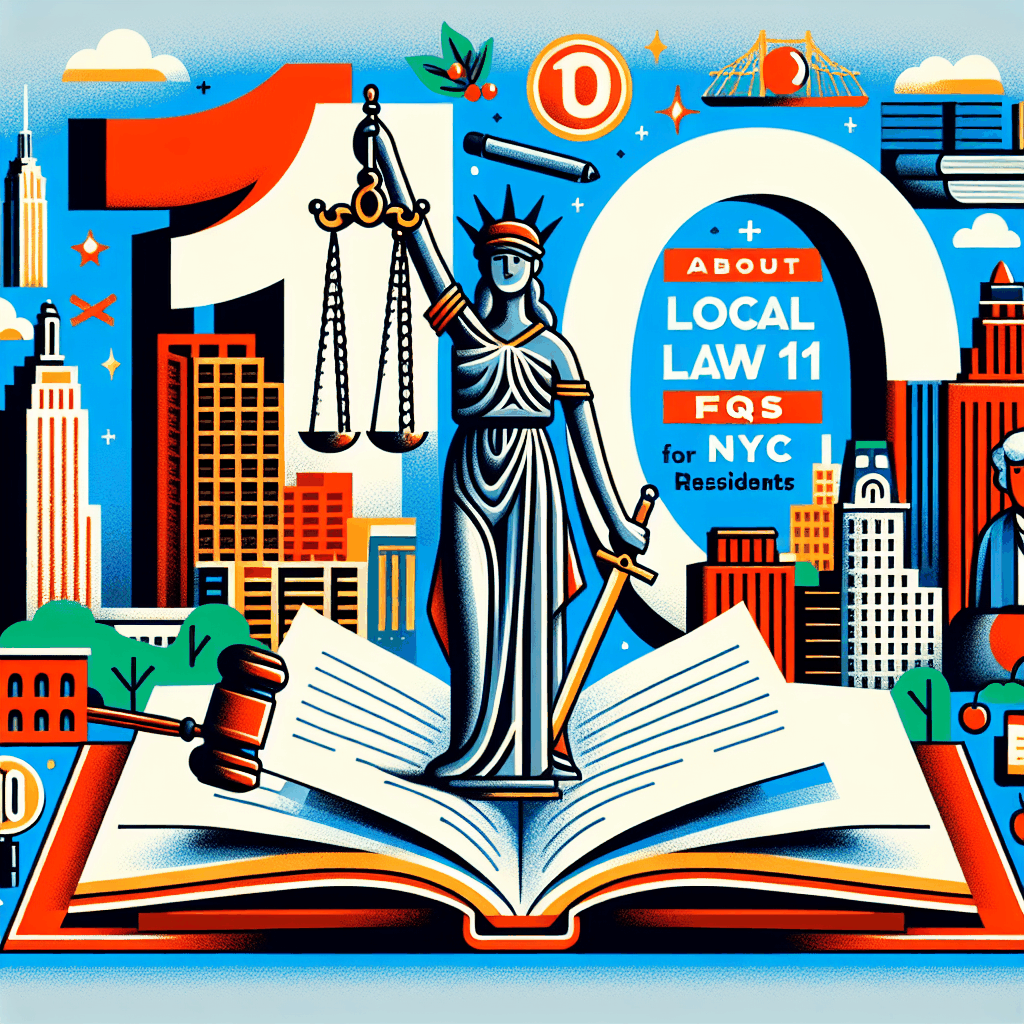Introduction to the Good Guy Guarantee
The Good Guy Guarantee (GGG) is a pivotal element in New York’s commercial leasing landscape. It acts as a personal guarantee, ensuring that tenants fulfill certain lease obligations.
Negotiating a GGG is a delicate balance of protecting landlord interests while providing tenants with manageable liability. This guide offers strategic tips for both parties to negotiate a GGG effectively.
What is a Good Guy Guarantee?
The “Good Guy Guarantee” is a unique provision commonly found in commercial lease agreements in New York. This clause is a personal guarantee, typically signed by the principals of the business renting the space. Under this guarantee, the individual signatories agree to be personally responsible for the terms of the lease, including rent and other obligations, until the point at which they choose to vacate the premises.
The key aspect of the Good Guy Guarantee is that it offers a way for tenants to limit their personal liability. If the business encounters difficulties and cannot fulfill the lease terms, the individuals can terminate their personal liability by vacating the space and returning it to the landlord in good condition, hence the name “Good Guy.”
This clause benefits landlords by providing some level of assurance that the lease obligations will be met, while also giving tenants a way to responsibly exit a lease without being burdened by long-term personal financial obligations. It’s a compromise that balances the landlord’s need for security with the tenant’s need for flexibility.
Enhancing the GGG: Landlord Strategies
-
Performance Guarantees: Include guarantees for all non-monetary lease covenants.
-
Advance Notice: Require tenants to provide 60-180 days’ notice before surrendering the lease.
-
Blackout Period: Implement a 1-3 year period post-rent commencement during which the guarantor cannot terminate the GGG.
-
Radius Restrictions: For retail tenants, prohibit opening similar businesses within a specified radius.
-
Condition Upon Surrender: Stipulate that the space must be returned in the condition outlined in the lease, not just “broom clean and vacant.”
-
Recapture Costs: Allow the landlord to recapture unamortized costs such as free rent and tenant improvements.
-
Lien-Free Improvements: Ensure all tenant improvements are completed and paid for without liens before surrender.
-
Guarantor’s Obligation: Require guarantors to ensure the completion of significant tenant improvements, like HVAC system installations.
Pro Tip: Navigate the nuances of NYC commercial lease agreements with this detailed explanation. Check it out at NYC Commercial Lease Agreement Explained.
 Softening the GGG: Tenant Negotiation Tactics
Softening the GGG: Tenant Negotiation Tactics
-
Limited Guarantees: Remove or limit guarantees for non-monetary covenants.
-
Simplified Surrender: Negotiate for the space to be returned “broom clean and vacant.”
-
Guarantor Release: Secure a release upon lease assignment, with a substitute guarantee from the assignee.
-
Guarantor Termination: Allow guarantor obligations to end if they disassociate from the tenant entity.
-
Additional Rent Cap: Limit the definition of “Additional Rent” to essential items like real estate and operating escalations.
-
Sunset Clauses: Negotiate for the end of obligations to reimburse landlord’s unamortized costs after a set period.






